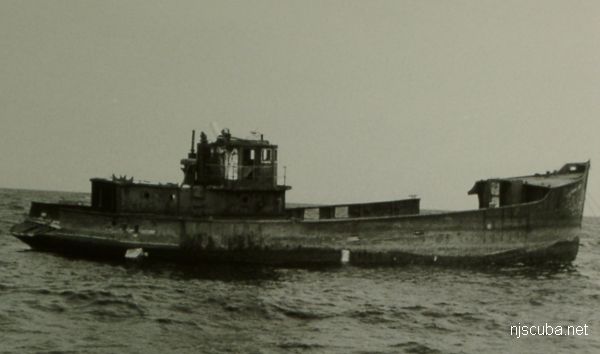October 13, 2020
Support NJScuba.net
October 13, 2020
Featured

I started this site way back in 1996 for my new hobby. In all that time, I gladly carried the annual cost of hosting and domain name. But it's time to admit that my diving years are over, and my interest has waned.
I have kept the site up as a service to the diving community, but I don't know how much longer that makes sense.
If you would like to make a small donation to help defray that cost, it would be greatly appreciated, and help to keep the site online.
Simply click the PayPal button below or anywhere else you find it:
( PayPal takes 3.49% + 49¢ per transaction )
Hosting costs have gone up significantly. There is a simple explanation for that: for years a single company has been buying up all the independent hosting companies, and now has a near-monopoly. See here:
Every hosting company I have ever used for any reason is on that list, except for GoDaddy, and they are awful. (Or at least they were, maybe they have improved.) As far as I know, every 'company' on that list is now functionally an exact clone of Bluehost, different in name only.

